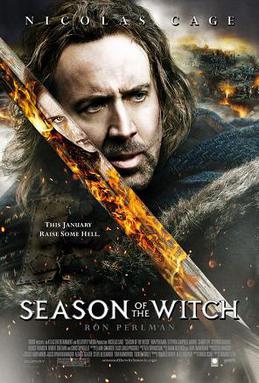A Long-Awaited Kiss
Closing
Back To Top
Context
Today's piece of writing came from a writing prompt that called for describing multiple simultaneous actions and embellishing those descriptions with the senses. A kiss was given as an example of a scenario, and I ran with that.
Describing multiple things is a great challenge for any writer because of the limitations of the medium. Unlike art, music, or film, words alone can convey one thing at a time (or two, if you count what a word on the page is not saying as well as what it's saying).
This piece doesn't exactly exemplify the ability of the written word to express multiple simultaneous things, but it does introduce a curious plot that definitely deserves expansion.
Back To Top
A Long-Awaited
Their eyes met and locked shortly before their lips. She noticed that he closed his eyes seconds before she did so herself, but she didn't mind. An extra few seconds, however short, of gazing into his kaleidoscopic hazel eyes, knowing that his lips were already closed around hers - just as their arms, and shortly she blushed, their legs, perhaps, were - heightened all of her senses.
That's why, as their lips locked, and their eyes closed, she finally noticed a pen in her pocket jabbing into her leg. It can't be drawing blood, no - she thought, struggling to keep her arms around his shoulders, her hands at the middle of his back.
But if it's jabbing me that must mean it's open.
And if it's open...
The stream of her thoughts hit a rock as she felt their lips parting slightly and his tongue edging through them. She sent hers to meet his, but wondered if she'd done it too quicky, if she'd maybe thrown him off. She soon realized that such was not the case.
Oh well. As long as he's distracted he won't notice me being distracted. Maybe I should just tell him.
As their tongues embraced and broke apart and embraced again, she thought she caught a whiff of ink. She mentally waved it away and tried to relax her shoulders, her thighs.
Yet, as she felt the rush of the outside air coming into her mouth from over her teeth and past their tangling tongues, she imagined herself pulling away, looking at the man as seriously as she could, and telling him that they needed to stop what they were doing right away because an interdimensional menace might have escaped from a sealed click pen she kept in her pocket.
The image lingered.
No. No that just wouldn't do.
Back To Top
Closing
Check back here tomorrow for Annotated Links #14. Come Wednesday, I'll have posted the editorial, and on Thursday watch for Annotated Links #15. Then, Friday will see the uploading of Part Two of All-Request August: Alien Apocalypse.
Back To Top



